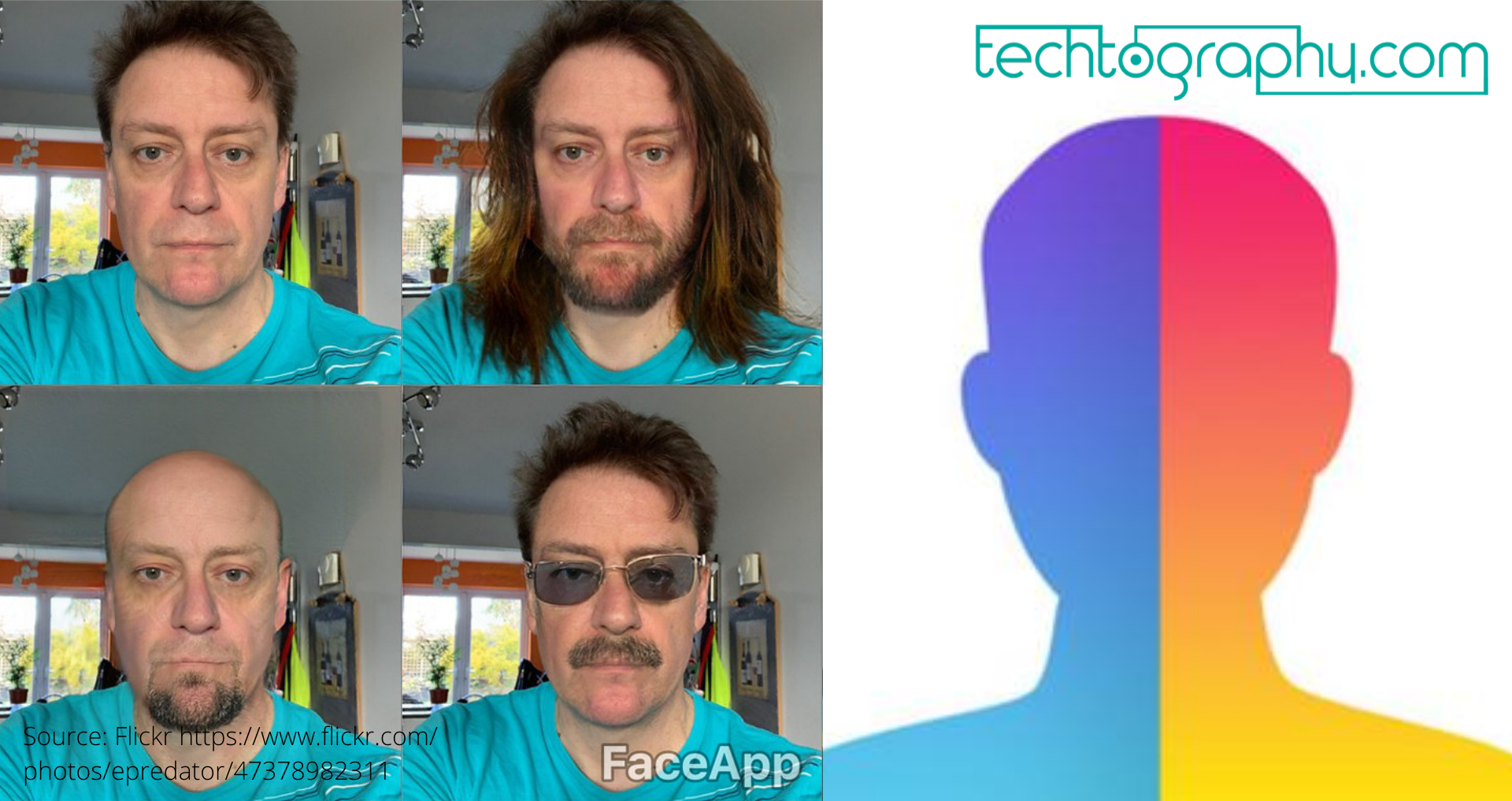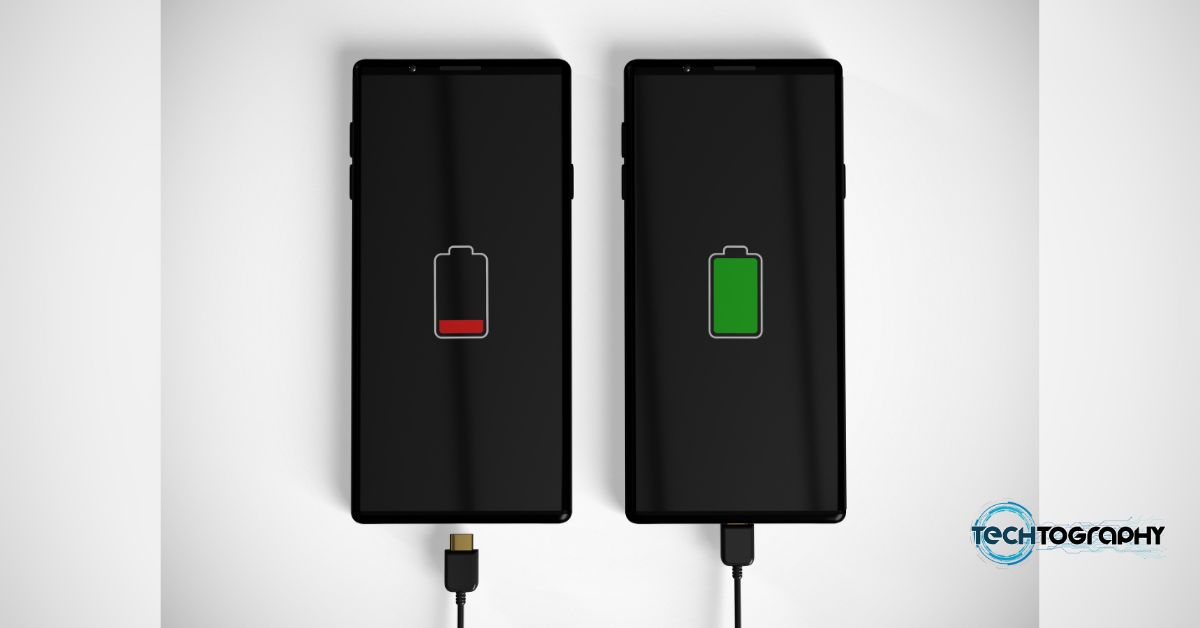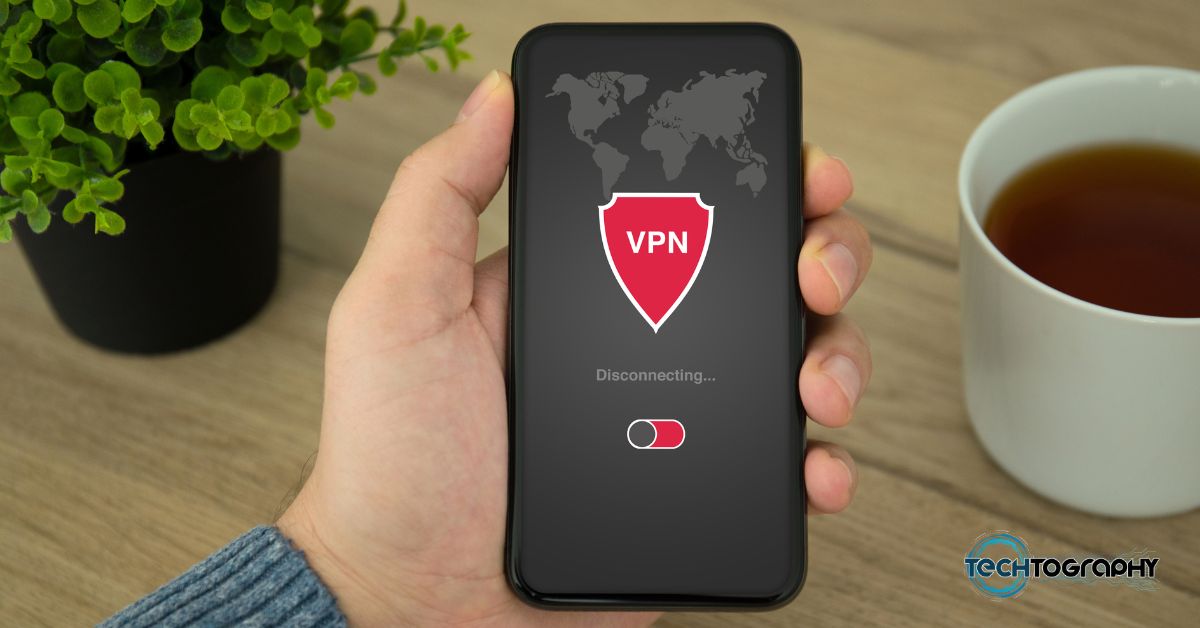In this Blog Post:
What is FaceApp?
FaceApp is a Russian-developed mobile application that was launched in 2017, which allows users to edit photos and videos.
It became viral last year, attracting more users because of its realistic facial transformation features, one of which is the effect that allows people to make themselves look older.
Aside from that, the app also offers other realistic effects on photos that allow users to add impressions, hair colors, make-up, beards and more on their portraits.
FaceApp on User Data and Privacy
However, also in 2019, FaceApp had issues about user data and privacy.
The National Democratic Committee in the United States reportedly warned presidential candidates not to use the app after U.S. Senate minority leader Chuck Schumer asked the Federal Bureau of Investigation (FBI) to look into FaceApp.
Before the year ended, Schumer shared the FBI’s response to his letter on Twitter saying, “Well, the FBI just responded. And they told me any app or product developed in Russia like FaceApp is a potential counterintelligence threat.”
A warning to share with your family & friends:
This year when millions were downloading #FaceApp, I asked the FBI if the app was safe.
Well, the FBI just responded.
And they told me any app or product developed in Russia like FaceApp is a potential counterintelligence threat. pic.twitter.com/ioMzpp2Xi5
— Chuck Schumer (@SenSchumer) December 2, 2019
Furthermore, while there is no direct evidence that FaceApp gets people’s data and gives them to the Russian Government, the FBI said that the risk stems from the country’s cyber exploitation capabilities.
According to FBI, the Russian Federal Security Service can remotely access all communications and servers directly via internet service providers.
With the issues at hand, FaceApp, through TechCrunch, denied giving people’s data to the Russian Government. It said that photos are removed from its servers after 48 hours.
FaceApp in 2020
Now, the app has become popular once more. If you’ve noticed, for the past few days, a lot of people have been posting their FaceApp transformed photos on social media.
Through FaceApp, people are trying to see how they look like as the opposite gender. It allows them to switch genders by ‘realistically simulating a person’s appearance as the opposite gender’.
But the question remains, “Is it safe to use FaceApp?”
FaceApp’s Privacy Policy
Let’s take a look into FaceApp’s Privacy Policy.
When you log in to the app using one of your social media accounts, its Privacy Policy says, “We may collect information from that platform or network, such as your social media alias, first and last name, number of “friends” on the social media platform and, if depending on your Facebook or other network settings, a list of your friends or connections (though we do not use or store this information).” However, the app claims that it doesn’t use photos for any other reason other than to enable people to use its features and that these are deleted from their servers within a period of 24 to 48 hours.
Handling your shared personal information
But still looking further, a part says that for lawful business purposes, FaceApp creates anonymous data from your personal information and share it with third parties.
Now, here are some questions to consider.
- Why would it need to know my number of friends on social media if I only use it to edit my photos or videos?
- How does the app make anonymous data? Would this only mean removing your name and sharing the rest of your collected social media information with third parties?
In addition, the Privacy Policy also stated that if any transaction like acquisition, merger, or bankruptcy happens, they may sell, transfer or otherwise share some or all of their business or assets, including your personal information.
Now if you’re wondering if you can choose not to share your personal information now? The app says, “Where we are required by law to collect your personal information, or where we need your personal information in order to provide the App to you, if you do not provide this information when requested (or you later ask to delete it), we may not be able to provide you with our services.”
It also said that during your first login, you may limit the information that they can collect from your social media account connected to the app. But if you withdraw their ability to access certain information, the policy says that this choice will not apply to information that they have already received from that third party.
What You Agreed to When You Downloaded and Used FaceApp
While many people download an apps and do not read the Terms of Use Agreement because it’s too long, you might want to consider doing so.
Let’s see what are some of the things you agreed to when you started using FaceApp.
According to the app’s Terms of Use Agreement on liability, if you have any claim (related to the agreement or its services), the total liability of FaceApp and other FaceApp parties is limited to the amount you paid to access its services.
In short, if you use its free version, you won’t get paid back for any claim (if any) later on.
Furthermore, also stated in FaceApp’s terms, disputes can only be arbitrated on an individual basis. Hence, people with claims against FaceApp (even though for the same reason), cannot dispute as a group.
I already used FaceApp, can I still withdraw my data?
Under the ‘Your Choices’ section in FaceApp’s Privacy Policy, it is stated that you may request that they remove your information, including your photos, from the cloud before the 24-48-hour period.
Here’s how you can do that:
- Go to the ‘App Settings’ on your mobile device.
- Under the ‘Support’ section, click the “Request cloud data removal” button.
- After this, Google Cloud Platform or Amazon Web Services automatically deletes the information.
A Time that Calls for Active Vigilance
A time such as this calls for active vigilance. We have to be as watchful as we have been when the dummy accounts resurfaced.
While these are some things that most people do not know about FaceApp, these are definitely things we need to think about. No matter how long it may be, make sure that you read the Terms and Conditions of an app carefully before deciding to use it.
In addition, more than asking yourself how much of your privacy you are willing to share in order to be able to use its services, you have to fully understand what will happen to your personal information when shared with an app, which is only possible if you read through the app’s Terms of Use Agreement and Privacy Policy.
Most of all, remember to always THINK BEFORE YOU CLICK.
SOURCE: FaceApp Terms of Use Agreement, FaceApp Privacy Policy






